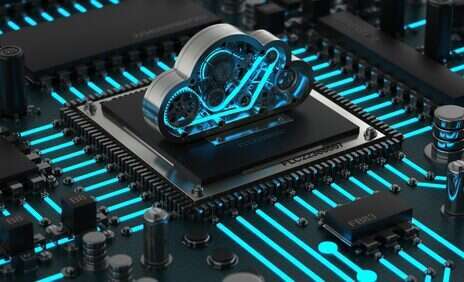From nowhere to the world’s widest range of Unix systems – as ITL Plc billed its long-awaited commitment to the operating system last month – is a long way, and so it is not surprising to two established ranges of hardware lurking behind the badges of the new Momentum Series 21, which embraces three departmental computers from Motorola – the 21040 range – and three business critical fault-tolerant transaction processing machines from Sequoia Systems – the 21090 range. Running Unix System V.3 with AT&T’s Remote File System, the machines have a strong emphasis on communications, with ITL using its existing OSI and networking skills to integrate IBM and ICL networking capabilities with standards such as X400 and Ethernet. Office automation software available includes the Uniplex II Plus Version 6 product. The 21090 range of fault tolerant machines use Sequoia’s architecture of tightly-coupled multiple 68020 processors – up to eight on the immediately available Model 96 – allowing a linear expansion of power, and including a Unix kernel entirely re-written to support multi-processing, fault tolerance, and an increased transaction processing throughput – but conformance to the System V Interface Definition allows applications such as Uniplex to run unchanged. An implementation of Pick runs concurrently on the Unix platform. ITL says that its aim in launching the new series of products last month was to establish a coherent base of products for its business as a system supplier, based on the Unix/Posix standard, OSI, and open fault tolerance. But the Hemel Hempstead company insists that its commitment to the new range goes beyond simply reselling boxes. The Sequoia deal arises from a technology agreement between ITL and Boston-based Sequoia Systems Inc back in January, and ITL says that it now has 40 people of its own working on the further development at both the hardware design and the operating system level. On the departmental computing side, a totally new direction for ITL, the plan is to move gradually away from buying in complete systems from Motorola to in-house manufacture from board-level products at Hemel, where the current range of Momentum 9000 and 10000 Series machines will, it is insisted, continue to be developed and enhanced for the forseeable future – as they are built out of bit-slice microprocessors, the proprietary machines are not expensive to build. Nevertheless, the higher performance at the top end, and the growth path offered by the new range will make them by far the more attractive option for new customers, and ITL says it will offer migration tools for existing customers who wish to upgrade, although it expects that many customers will prefer to integrate the older systems via networking.





